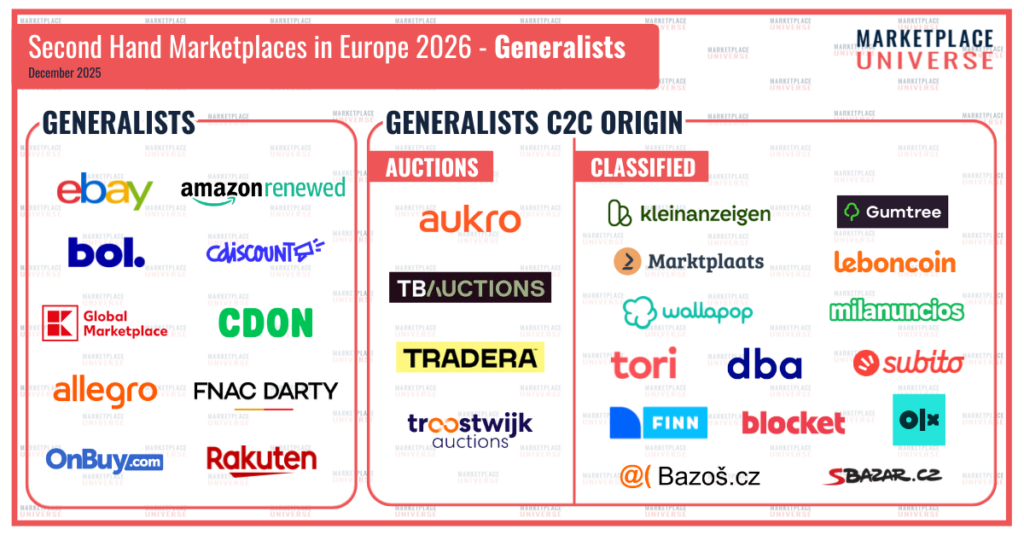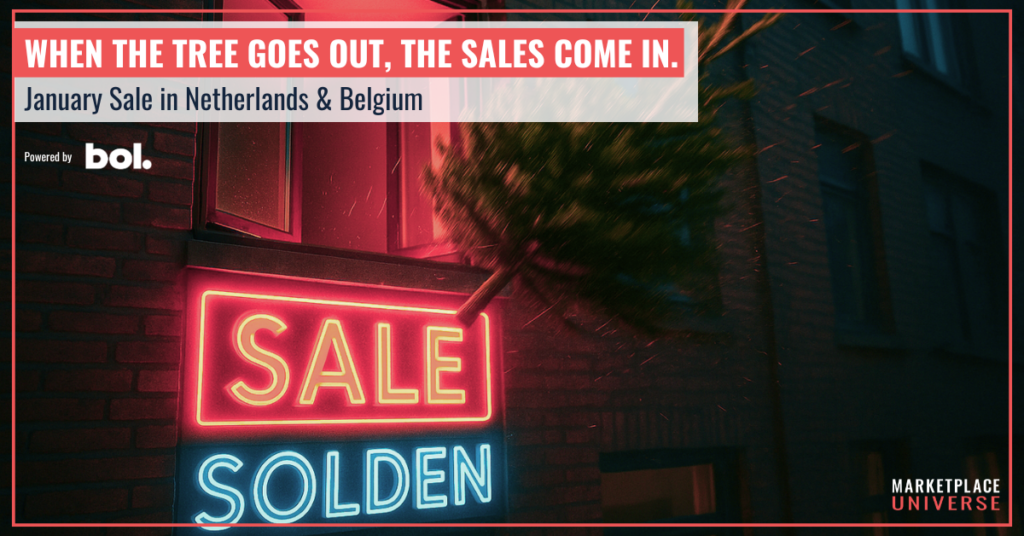Marketplace Universe News 15.12.2025 – Parcel fee coming in July / No Christmas without marketplaces /Temu emphasizes brand protection
From July 2026, the EU plans to levy a flat-rate tax of €3 on all imported small parcels worth up to €150. The tax is intended as a transitional measure. From 2028, all imports will be subject to customs duty from the first euro. The abolition of the de minimis rule will primarily affect low-cost platforms such as Temu, Shein, and AliExpress.




